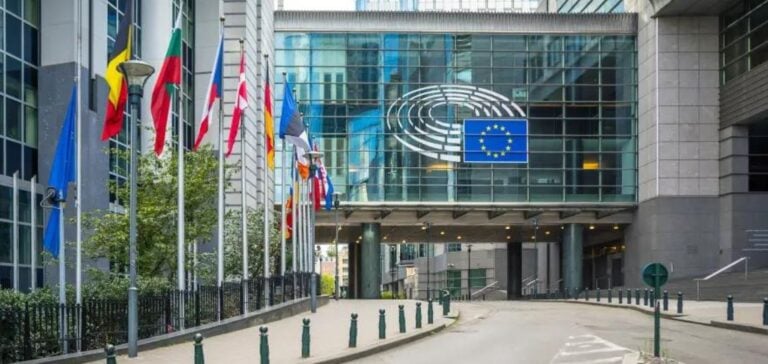The European Commission recently announced an allocation of 2.967 billion euros via the Modernisation Fund, aimed at modernizing the energy systems of ten member states. This initiative is part of the policy to reduce CO2 emissions and improve energy efficiency, with the aim of achieving the EU’s climate and energy objectives.
Fund distribution
Beneficiaries of this first tranche of funding for 2024 include Bulgaria (€65.2 million), Croatia (€52 million), the Czech Republic (€835.2 million), Estonia (€24.1 million), Hungary (€76.8 million), Latvia (€26.8 million), Lithuania (€59 million), Poland (€697.5 million), Romania (€1.095 billion) and Slovakia (€35 million).
Financial Projects
Projects financed include the reinforcement of electricity transmission networks in Bulgaria, the deployment of photovoltaic and storage capacities in Croatia, and the acquisition of new photovoltaic systems by households in the Czech Republic. In Estonia, the focus is on energy efficiency in public buildings, while in Hungary,the modernization of district heating systems is based on renewable energies.
Regional Initiatives
In Latvia, the funds will support the use of renewable energy sources in apartment blocks and public buildings. In Lithuania, the development of energy storage capacity is a priority, while in Poland, the recharging infrastructure for heavy goods vehicles will be improved. Romania will adopt support mechanisms for the production of electricity from renewable sources, while Slovakia will focus on renewable hydrogen production and high-efficiency cogeneration.
Setting and outlook
The Modernisation Fund is funded by proceeds from the auctioning of emissions allowances under the EU Emissions Trading Scheme (EU ETS). This fund aims to help low-income member states achieve climate neutrality. In addition to the ten current beneficiaries, Greece, Portugal and Slovenia have also become eligible from January 2024.
Integration with EU Policies
The Modernisation Fund complements other EU instruments, such as cohesion policy and the Just Transition Fund. By mobilizing substantial resources, it helps eligible countries to invest in line with the REPowerEU and Fit For 55 plans, thereby supporting the energy transition and decarbonization of European economies.
With this new allocation, the Modernization Fund continues to play a crucial role in the modernization of member states’ energy infrastructures. These strategic investments are essential to support the transition to more efficient, low-carbon energy systems, while strengthening the economic competitiveness of the recipient countries.





















